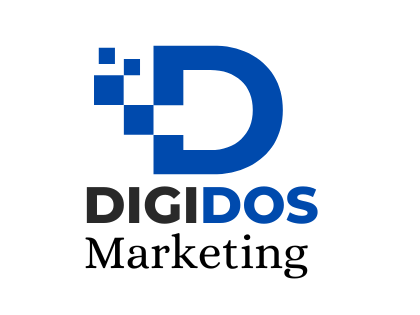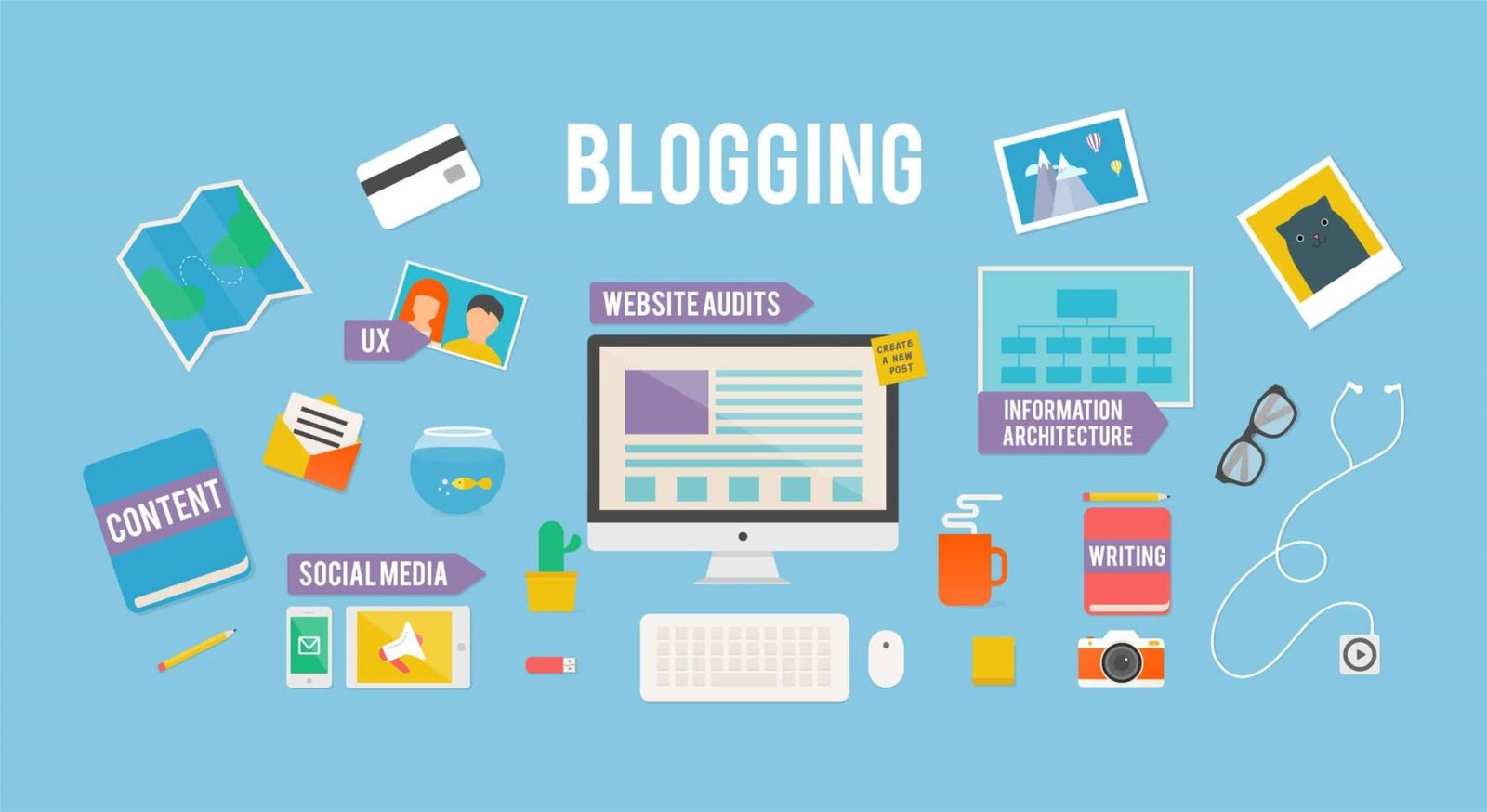Blog marketing services refer to a range of strategies and activities aimed at promoting and enhancing the visibility and reach of a blog or a website through various digital marketing techniques. These services are designed to attract more readers, increase engagement, and ultimately achieve specific goals, such as generating leads, increasing website traffic, or driving sales. Here are some key components and strategies commonly included in blog marketing services:
- Content Creation: High-quality and relevant content is the foundation of any successful blog marketing strategy. Service providers may offer content creation services, including writing blog posts, articles, infographics, and other forms of content that resonate with the target audience.
- Search Engine Optimization (SEO): SEO is crucial for improving a blog’s visibility on search engines like Google. Service providers optimize blog content for relevant keywords, ensure proper on-page SEO, and work on off-page SEO through link building and outreach.
- Social Media Promotion: Sharing blog posts and engaging with the audience on social media platforms is essential. Blog marketing services often include creating and managing social media accounts, scheduling posts, and running targeted ad campaigns.
- Email Marketing: Building and nurturing an email subscriber list can be a powerful way to keep readers engaged. Service providers may help in creating email marketing campaigns and newsletters to promote blog content.
- Analytics and Data Analysis: Tracking the performance of blog content is vital. Service providers use tools like Google Analytics to monitor traffic, user behavior, and engagement, allowing them to make data-driven decisions for further optimization.
- Influencer Outreach: Collaborating with influencers or industry experts can help expand a blog’s reach. Blog marketing services may involve identifying and reaching out to relevant influencers for partnerships or guest posting opportunities.
- Paid Advertising: Paid advertising campaigns, such as Google Ads or social media ads, can be used to drive targeted traffic to blog content. Service providers may manage these campaigns to ensure a positive return on investment (ROI).
- Content Promotion: Beyond just creating content, promoting it is crucial. This can involve sharing blog posts on relevant online forums, communities, and content-sharing platforms.
- Community Building: Engaging with the blog’s audience and building a community around it is essential for long-term success. This may involve responding to comments, fostering discussions, and building a loyal following.
- Conversion Optimization: Ultimately, the goal of blog marketing is often to convert readers into customers or leads. Service providers may employ strategies like A/B testing and optimizing call-to-actions (CTAs) to improve conversion rates.
- Content Calendar and Strategy: Creating a content calendar and strategy helps maintain consistency and keeps the blog focused on its goals. Service providers may assist in planning and implementing a content strategy.
Blog marketing services can be tailored to the specific needs and goals of a blog or website, whether it’s focused on e-commerce, information sharing, brand promotion, or any other purpose. The aim is to use various online marketing channels to attract, engage, and retain a loyal readership while achieving the desired outcomes.
Blog marketing is essential for several reasons, especially in the digital age where content plays a significant role in building an online presence and connecting with your target audience. Here are some compelling reasons why blog marketing is needed:
- Increased Online Visibility: Blog marketing can improve your website’s visibility on search engines. By creating and optimizing blog content with relevant keywords, you can increase your chances of ranking higher in search engine results pages (SERPs). This means more people are likely to find your website when searching for related topics or products.
- Building Authority and Trust: Consistently publishing high-quality, informative content on your blog can establish you as an authority in your industry or niche. When readers find valuable information on your blog, they are more likely to trust your expertise and recommendations.
- Audience Engagement: Blogging allows you to engage with your audience in a more personal and interactive way. Readers can leave comments, ask questions, and share their thoughts, creating a sense of community and fostering relationships with your brand.
- Lead Generation: Blog marketing can be a powerful tool for lead generation. By offering valuable content, you can encourage visitors to subscribe to your email list or fill out contact forms, providing you with opportunities to convert them into customers or clients.
- Educating Your Audience: Blogs are an excellent platform for educating your audience about your products, services, or industry. You can use your blog to explain complex topics, share tutorials, or provide insights into industry trends, helping your audience make informed decisions.
- Content Promotion: Blog content can be shared across various digital channels, including social media, email marketing, and other websites. This promotes your brand and content to a wider audience, increasing the chances of reaching potential customers.
- Cost-Effective Marketing: Blogging is a cost-effective marketing strategy compared to traditional advertising methods. It doesn’t require a significant budget, making it accessible to businesses of all sizes.
- Long-Term Benefits: Blog posts have a long lifespan. Unlike some forms of marketing, blog content can continue to attract and engage readers for months or even years after publication. This long-term value can provide a consistent stream of organic traffic.
- Analytics and Data Insights: Through blog marketing, you can gather valuable data about your audience’s preferences and behavior. Tools like Google Analytics can help you understand which content performs best, allowing you to refine your marketing strategies.
- Competitive Advantage: Many businesses and individuals have recognized the importance of blogging, and it’s become a standard practice in many industries. By investing in blog marketing, you can stay competitive and stand out in your field.
In summary, blog marketing is needed to establish a strong online presence, connect with your target audience, build trust and authority, generate leads, and promote your products or services. It’s a versatile and cost-effective strategy that can yield long-term benefits for your brand or business.




